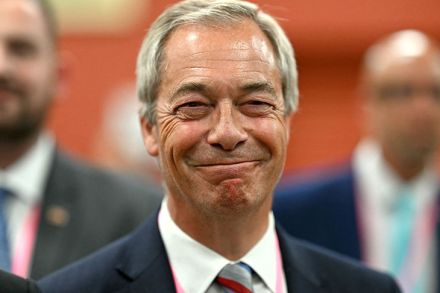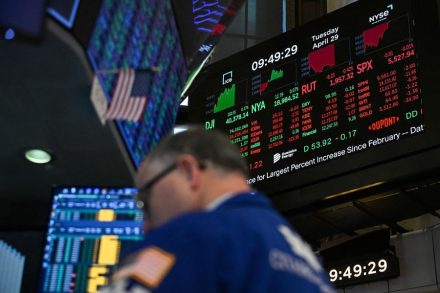Rachel Reeves’s ‘taxi tax’ plans show how desperate she is
It will at least give the cabbies something to genuinely complain about. Amid all the wheezes that Chancellor Rachel Reeves is plotting to fix the ‘black hole’ in the public finances, she is now considering a ‘taxi tax’. Ahead of November’s Budget, it has been floated that VAT may well be applied on all cab rides. But this plan is likely to end up backfiring badly on Reeves – and the government more broadly. According to reports this week, the Chancellor is likely to impose a blanket 20 per cent rate of VAT on all taxi rides. Right now, taxi firms outside of London do not have to charge VAT





















